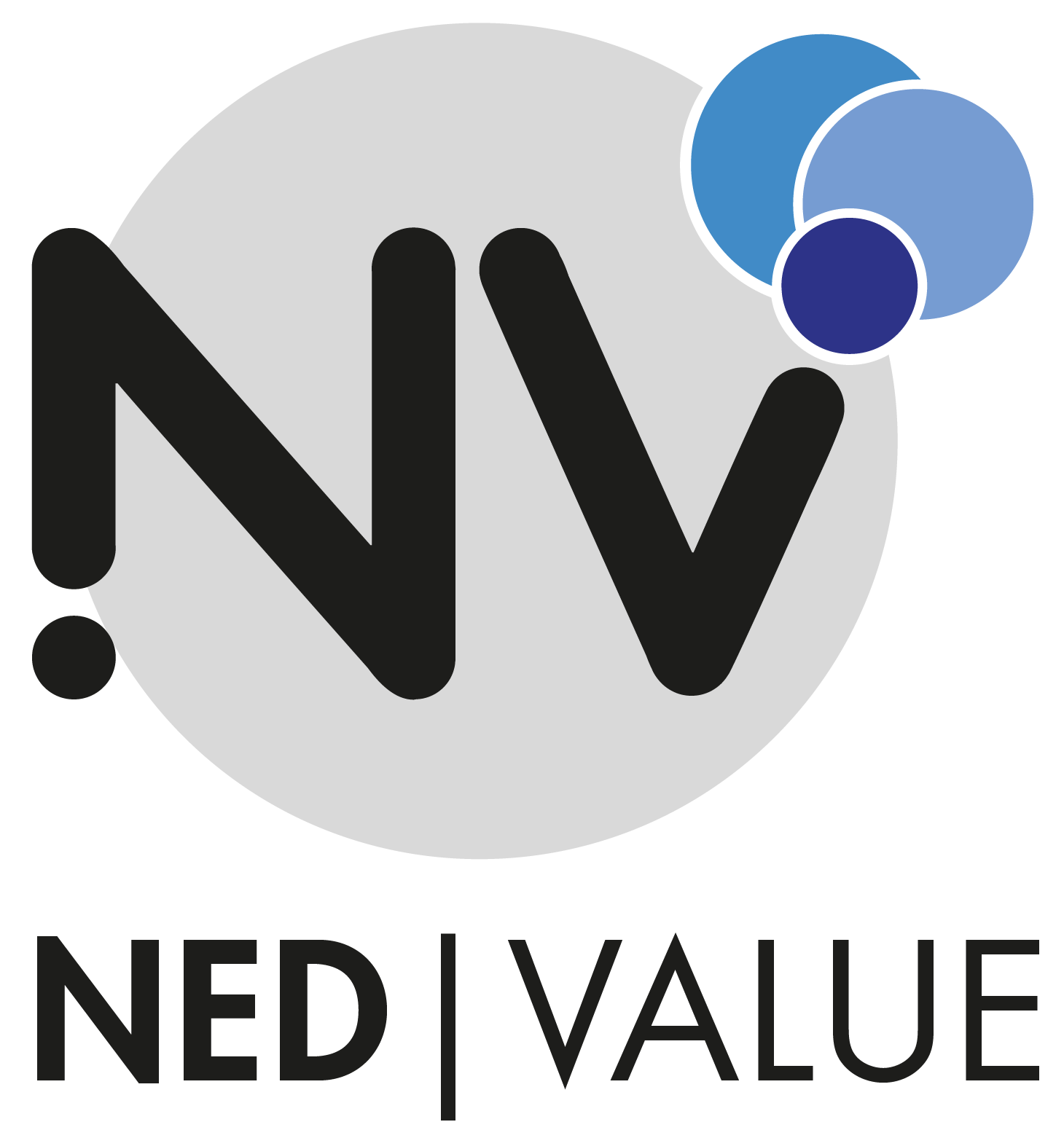ecoDa today releases an updated version of its groundbreaking Corporate Governance Guidance and Principles for Unlisted Companies, eleven years after the first edition. This edition has been endorsed by Commissioner Reynders, the OECD, the IFC and European Family Businesses.
With the growing public scrutiny of corporate behaviour and public demand for improved corporate accountability and transparency, ecoDa wanted to revise its principles of good governance for unlisted companies. The new version provides a more modern treatment of the role that ESG issues must play – particularly climate change.
The fourteen principles are still presented from a dynamic phased approach, which takes into account the degree of openness, size, complexity and level of maturity of individual companies.
“In times of crisis, unlisted companies must ensure a solid corporate governance framework – both to overcome the illiquidity risk and maintain access to external sources of financing. Corporate Governance can help businesses ensure their long-term continuity and success. This Guidance plays a crucial role in helping unlisted companies reflect on the potential benefits and costs of various governance approaches”, highlighted Leena Linnainmaa, ecoDa’s Chair.
ecoDa Guidance and Principles are adapted to the specific challenges faced by unlisted companies. It advocates for a proportionate and realistic implementation.
As specified by Roger Barker, co-chair of the Working Group responsible for the drafting, “This set of voluntary Corporate Governance principles makes sense for all European unlisted companies. However, it can serve as a reference for a more specific adaptation to national reality”.
“The new version has been enriched with a self-assessment questionnaire that allows companies to regularly measure their progress on the path to good governance”, added Juan Alvarez-Vijande, co-chair of the same Working Group.

